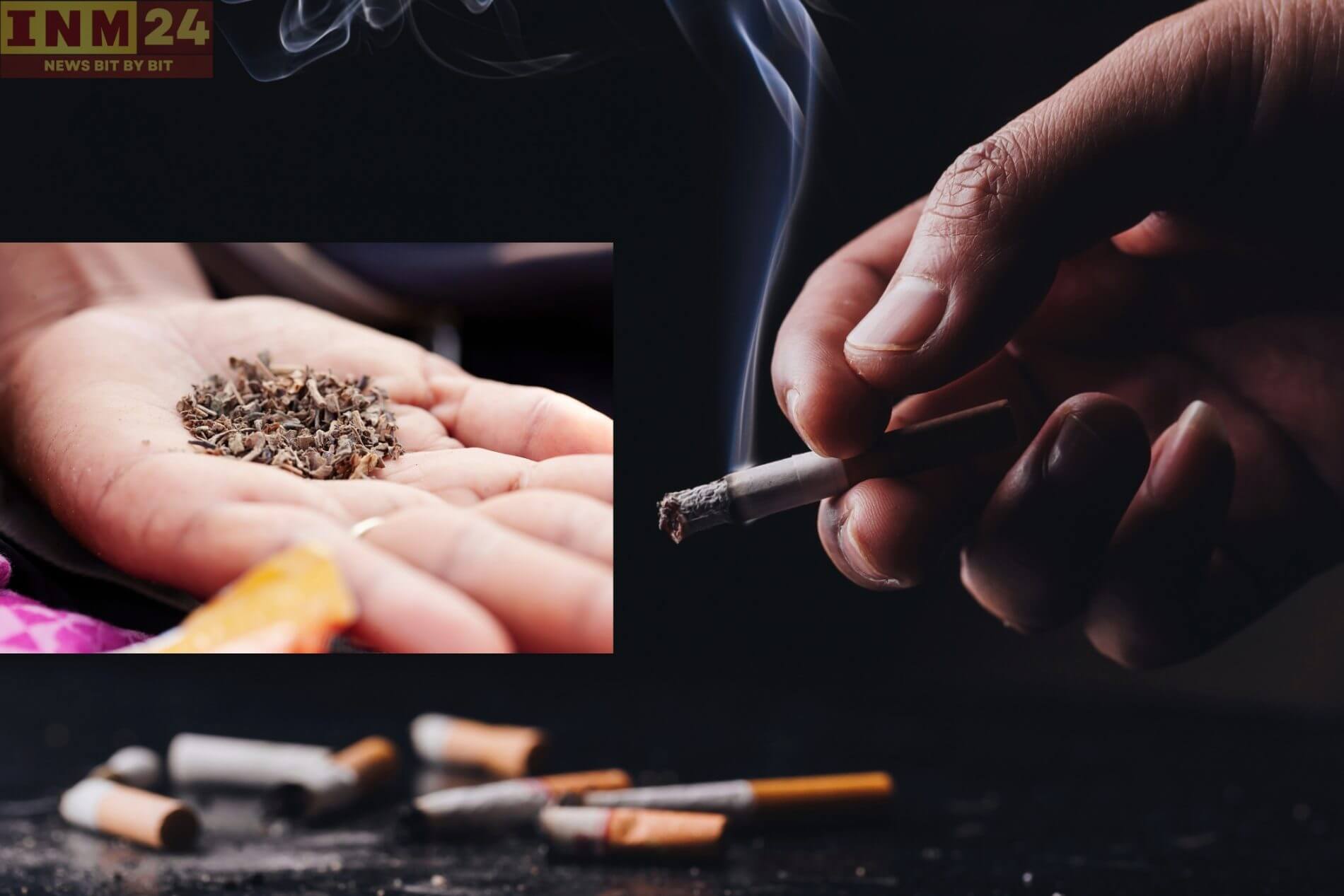On the occasion of No Smoking Day, it’s crucial to shed light on the harmful effects of tobacco in all its forms. Smoking and chewing tobacco are two prevalent methods of tobacco consumption, each posing significant health risks. To provide clarity on this issue, let’s delve into the insights offered by medical professionals.
Smoking:
Smoking tobacco involves the inhalation of smoke produced by burning cigarettes, cigars, or pipes. This method delivers nicotine and other harmful chemicals directly into the lungs and bloodstream, leading to a range of health complications. According to the Centers for Disease Control and Prevention (CDC), smoking is a leading cause of preventable death worldwide, contributing to various diseases such as lung cancer, heart disease, stroke, and respiratory illnesses.
The harmful substances present in cigarette smoke, including tar, carbon monoxide, and formaldehyde, damage the lungs and impair their function over time. Smoking also increases the risk of developing cancers in the lungs, mouth, throat, and other parts of the body. Moreover, secondhand smoke poses dangers to non-smokers, especially in enclosed spaces.
Chewing Tobacco:
Chewing tobacco, also known as smokeless tobacco or spit tobacco, involves placing tobacco products such as chewing tobacco or snuff between the gums and cheek. Despite not involving inhalation, this method still exposes users to harmful chemicals and nicotine, which can be absorbed through the oral mucosa and into the bloodstream.
The use of chewing tobacco is associated with numerous health risks, including oral cancer, gum disease, tooth decay, and cardiovascular issues. Prolonged exposure to the chemicals in chewing tobacco can lead to irreversible damage to oral tissues and increase the likelihood of developing oral cancers.
Doctor’s Insight:
Medical professionals emphasize that both smoking and chewing tobacco are hazardous to health and carry serious consequences. Dr. [Name], a renowned pulmonologist, emphasizes the importance of tobacco cessation and encourages individuals to quit smoking or chewing tobacco to safeguard their health.
Drs highlights the addictive nature of nicotine, which makes quitting tobacco challenging for many individuals. However, he underscores the myriad benefits of quitting, including improved lung function, reduced risk of chronic diseases, and enhanced overall well-being.
On No Smoking Day, Drs urges tobacco users to seek support from healthcare professionals, smoking cessation programs, and support groups to quit tobacco successfully. He emphasizes that quitting is possible with determination, support, and access to resources.
No Smoking Day serves as a reminder of the importance of tobacco cessation and the harmful effects of smoking and chewing tobacco. With insights from medical professionals like Dr, individuals can make informed decisions about their health and take steps towards a tobacco-free lifestyle. Let’s strive towards a healthier future by saying no to tobacco in all its forms.
